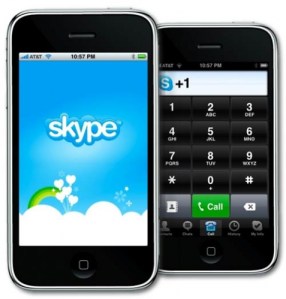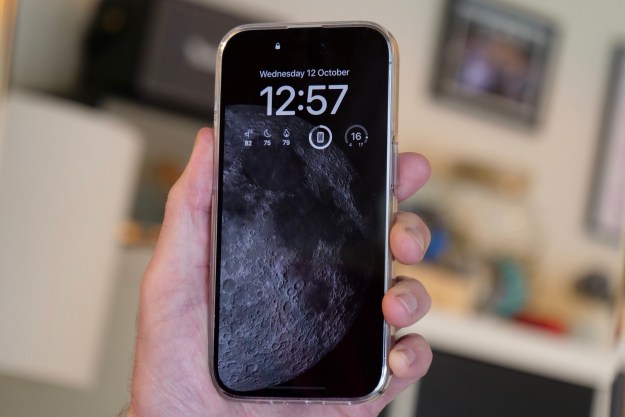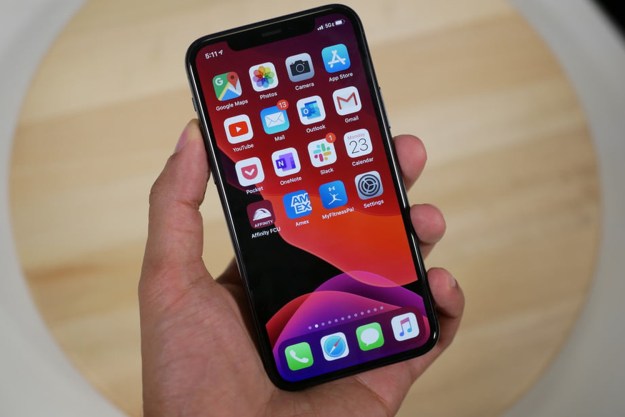 Skype has added video calling to its iOS app, thanks to an update released on Thursday. Users who download the Skype 3.0 update will now be able to place free Skype-to-Skype calls for a two-way video interaction, provided that both parties have the proper hardware.
Skype has added video calling to its iOS app, thanks to an update released on Thursday. Users who download the Skype 3.0 update will now be able to place free Skype-to-Skype calls for a two-way video interaction, provided that both parties have the proper hardware.
The update is fully compatible with both the iPhone 4 and iPhone 3GS as well as the fourth generation of the iPod Touch. Folks with iPads and third generation iPod Touches will be able to receive video calls, but won’t be able to send video back, due to the absence of a camera (this will reportedly be addressed in the next generation iPad). Users will need to be running iOS 4.0 or higher to install the update and devices will need to be “unmodified” (i.e. not jailbroken). Skype 3.0 also supports mobile-to-desktop video calling.
While Skype’s video calling is similar to Apple’s FaceTime feature, there is one key difference: Skype’s video calling will work with either a 3G or Wi-Fi connection. FaceTime is currently restricted to running through Wi-Fi connections only.
The extra flow of data might not sit too well with AT&T, but Skype doesn’t seem to be worried.”We’ve not checked with AT&T,” Neil Stevens, Skype’s vice president, is quoted saying in a Washington Post article . “We don’t think it’s our position to check in with carriers.”
Skype’s venture into mobile video comes shortly after an outage left users unable to access the service for a 24-hour period. In a blog posting, Skype attributed the outage to a server overload caused by a bug. According to Skype, the issue has been addressed and there’s no concern that the system might buckle under increased traffic brought on by video calling. Skype has offered users 30 minutes of free calling as compensation for the downtime.
Editors' Recommendations
- How to schedule a text message on your iPhone
- Your iPhone just got a new iOS update, and you should download it right now
- How to use iOS 17 FaceTime gestures (and what they look like)
- How to use Apple Cash to send and receive money on your iPhone
- Apple just released iOS 17.4. Here’s how it’s going to change your iPhone


